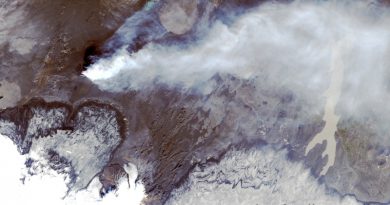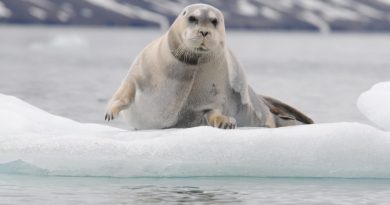Denmark flexes in Arctic with Greenland drills, signaling ongoing security push
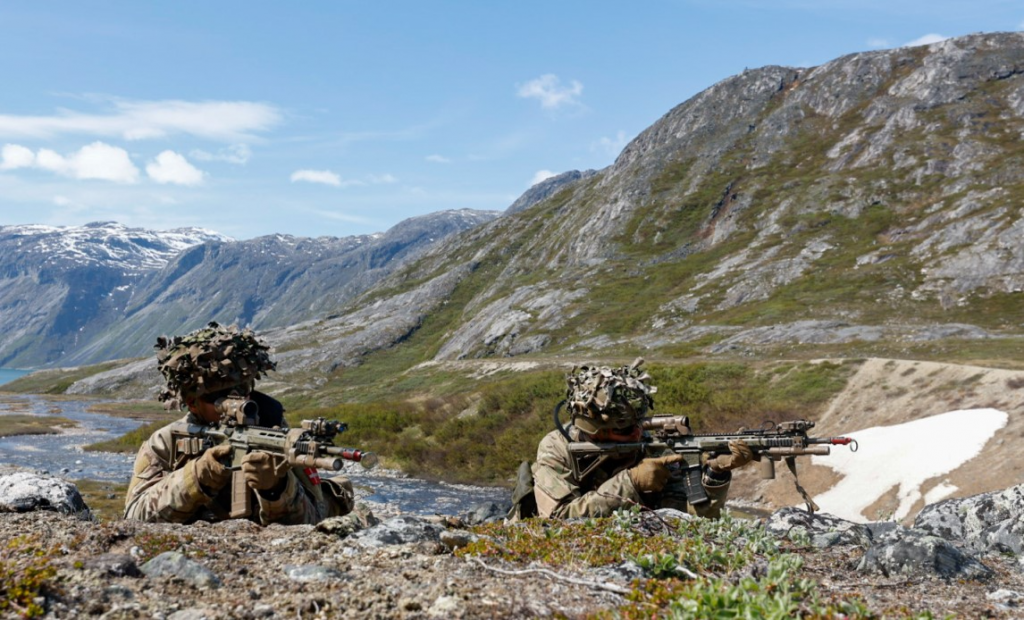
In Copenhagen’s latest bid to underscore its presence in the Arctic, Denmark is hosting a major military exercise in Greenland that brings together NATO forces amid a heightened focus on northern security.
Defence Minister Troels Lund Poulsen arrived in Nuuk on Sept.15 for Arctic Light 2025, where he was joined by Norwegian Defence Minister Tore O. Sandvik and Iceland’s Foreign Affairs Minister Thorgerdur Katrín Gunnarsdóttir, to observe the land, air and sea training.
“The current security situation requires that we significantly strengthen the Danish Armed Forces’ presence in the Arctic and the North Atlantic,” Poulsen said in a statement.
“Arctic Light 2025, with the participation of NATO allies, is a good example of our standing together to strengthen the Danish Armed Forces’ ability to counter threats in the Arctic.”
Russia, China and rhetoric from Washington
Greenland’s strategic profile has been rising in recent years.
Vast and sparsely populated, the island is complex to monitor yet increasingly important as melting ice opens new sea routes and resource opportunities. It’s also home to Pituffik Space Base, the U.S. military’s northernmost installation.
Greenland geostrategic importance has drawn increasing attention since Russia’s invasion of Ukraine sharpened Europe’s focus on Arctic security, and Beijing increases its investments in Russia’s north and domestically made icebreakers.
In addition, since his 2024 election, U.S. President Donald Trump has publicly stated that several times that ownership or control of Greenland is important for American national security.
He has previously floated the idea of buying Greenland and, though he called the chance of military action remote, refused to rule it out—a stance strongly rejected by Danish and Greenlandic leaders.
“New reality” for island, says Greenland FM
Arctic Light 2025 runs Sept 9-19 with more than 550 personnel from Denmark, France, Germany, Sweden and Norway participating.
The exercise is a “Short Notice Activity Planned Exercise” being led by Joint Arctic Command in cooperation with Greenland’s government.
This type of drill is used to test how quickly the alliance can respond without advance warning.
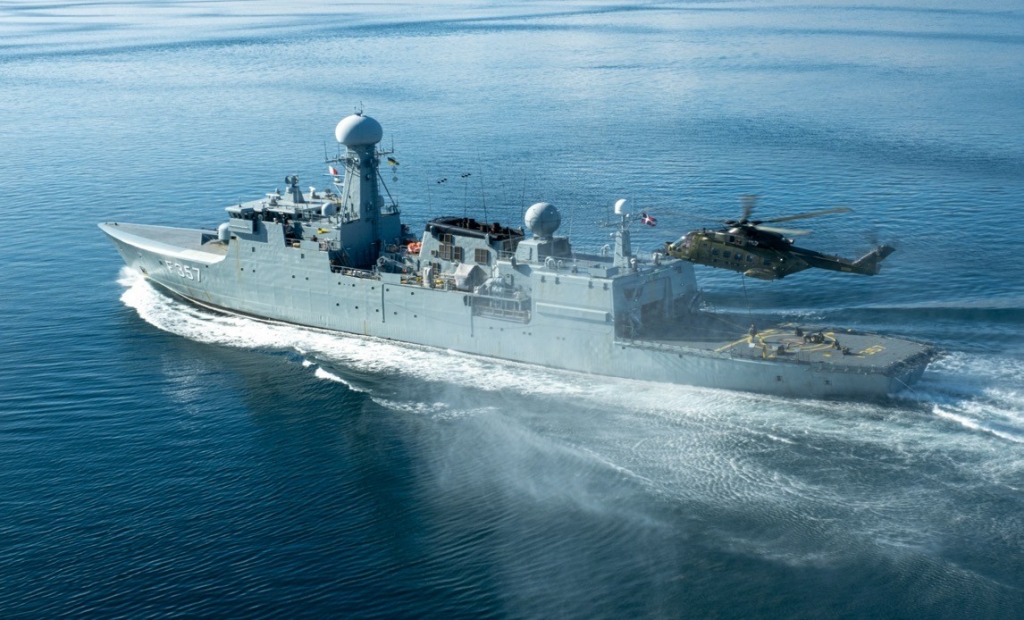
At the same time as the exercise in Greenland, Danish commanders will do an additional exercise in Denmark, called Opportune Jaguar. This one will test the Danish Joint Headquarters’ ability to spot and respond to emerging threats in the Arctic, and to direct operations from Denmark.
The drills range from boarding vessels and guarding important infrastructure to operating drones in Arctic conditions.
Danish forces will also, as in previous years, practise how to back up Greenland in a crisis, including search and rescue, protecting the seas and helping civilians hit by natural disasters.
Greenland’s Foreign Minister Vivian Motzfeldt called the stepped-up activity “a new reality” for the island but emphasized the importance of involving Naalakkersuisut in Defence initiatives.
“The Defence Forces’ exercises and joint training with NATO allies are crucial for strengthening defence and security in the Arctic,” she said in a statement. “At the same time, the activities make the military presence more visible. This is a new reality that we have to get used to in Greenland.”
Further ship, aircraft personnel deployments planned
Danish Chief of Defence General Michael Wiggers Hyldgaard said the chance to practise everything from sea rescues to protecting critical infrastructure would “strengthen the ability to counter all types of threats throughout the Kingdom.”
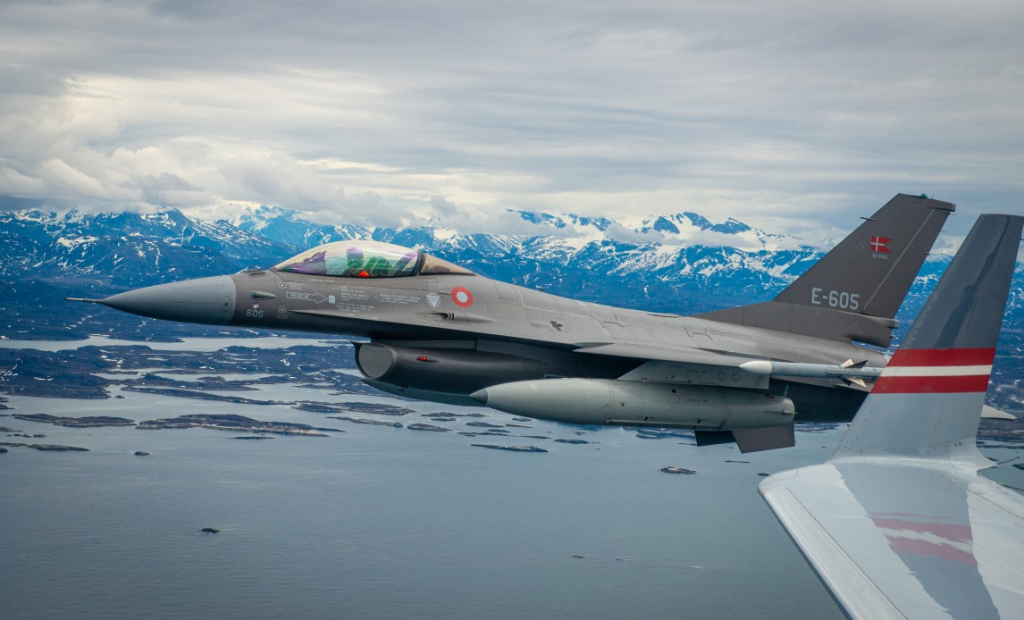
Arctic Light is part of a wider pattern of activity in the region this year.
In August, Danish forces carried out a passage exercise with France near the Greenlandic town of Qaqortoq and joined Canada’s Operation Nanook Tuugaalik with the inspection vessel Lauge Koch.
Russia and Belarus’s joint military exercise, Zapad-2025, is also underway this month, with some drills taking place in the Arctic. The exercise is due to wrap up this week.
Comments, tips or story ideas? Contact Eilís at eilis.quinn(at)cbc.ca
Related stories from around the North:
Canada: Canadians in North see U.S. as Arctic threat on par with Russia: survey, Eye on the Arctic
Denmark: Denmark to expand Arctic surveillance with purchase of long-range drones, Reuters
Greenland: Europeans step up Arctic diplomacy amid U.S. and global pressure, Eye on the Arctic
Finland: Growing military presence burdens Sámi livelihood: report, The Independent Barents Observer
Iceland: Europe’s Von der Leyen strengthens Arctic security ties with Iceland during visit, Eye on the Arctic
Norway: Norway’s Arctic policy and a kaleidoscope election, Blog by Marc Lanteigne
Russia: Cargo ship involved in weapons deliveries from North Korea makes port call in Arkhangelsk,The Associated Press
Sweden: Europe and the US stand united ahead of Alaska meeting: Swedish PM, Radio Sweden
United States: U.S. Coast Guard monitors Chinese ships in Arctic waters…again, Eye on the Arctic


